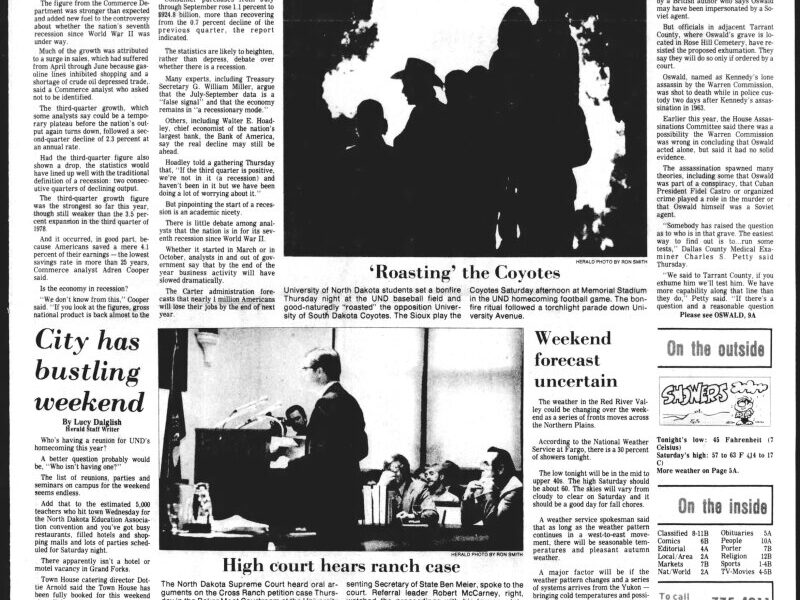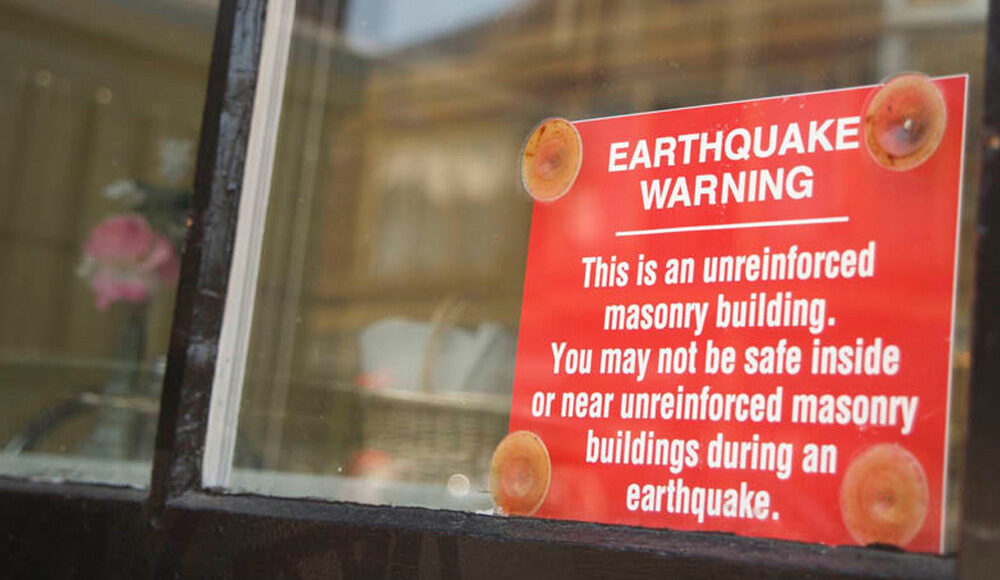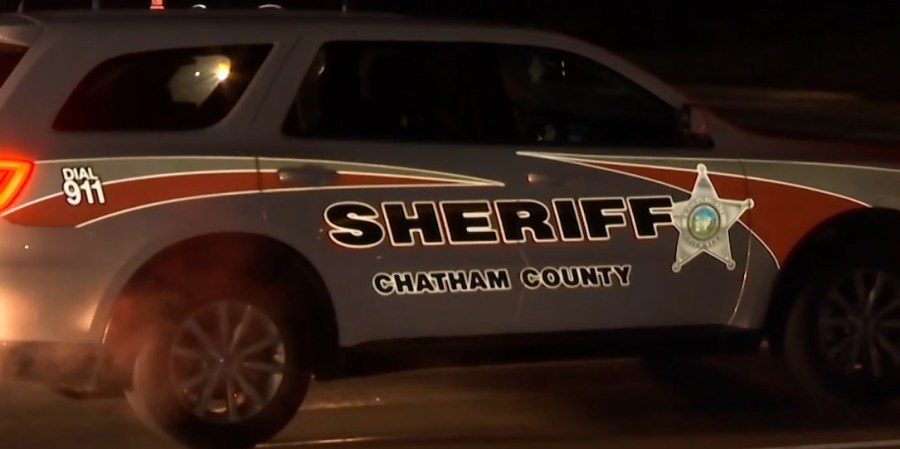UPDATE: The North Dakota Supreme Court is currently deliberating a pivotal case regarding the validity of signatures on a petition aimed to bring the controversial Cross Ranch legislation to a public vote. This urgent hearing took place on October 18, 1979, at the University of North Dakota Law School, and could significantly impact North Dakota’s state park funding.
At the center of this legal battle is the rejection of signatures due to incomplete addresses. The Secretary of State Ben Meier ruled that numerous signatures were invalid because they lacked “full post office addresses,” a requirement under the state constitution. This decision has left the petition drive short of the required 12,356 signatures needed for voter consideration on the $2.6 million allocation of Vietnam veterans’ bonus funds for the 10,000-acre Cross Ranch addition to the state park system.
During the hearing, attorney Patrick Conmy, representing petition initiator Robert P. McCarney, challenged the notion of what constitutes a “post office address.” He argued that many residents in larger cities like Bismarck or Fargo had their signatures disqualified if they only listed their city without a specific street address. Conmy pointed out that a sample petition previously approved by Meier simply listed “Bowman, N.D.,” calling into question why similar submissions were now rejected.
“What in the hell is a post office address?” Conmy asked, pressing the justices to reconsider the criteria for valid signatures. He emphasized that many petitioners used various methods to receive their mail, including street addresses, post office boxes, or rural routes.
Assistant Attorney General Murray G. Sagsveen, defending Meier’s decision, stated that many residents in larger cities could not rely solely on their city name for mail delivery. He revealed that out of 360 postcards sent to petitioners lacking sufficient addresses, 290 were returned due to inadequate information.
Conmy criticized the process through which signatures were validated and the subsequent rejection of corrections made to addresses. He questioned the constitutional requirement for petitioners to individually rectify their addresses, raising concerns about the fairness of the petitioning process.
The justices of the North Dakota Supreme Court have taken the matter under advisement, and their ruling could determine the fate of the Cross Ranch legislation and its funding.
This case marks a significant moment in North Dakota’s legislative process, highlighting the complexities of electoral petitions and the power of public vote on state legislation. As the justices deliberate, the outcome could resonate beyond this single issue, influencing future petition drives and voter engagement in the state.
Stay tuned for updates on this developing story as the Supreme Court’s decision could arrive any day now.







